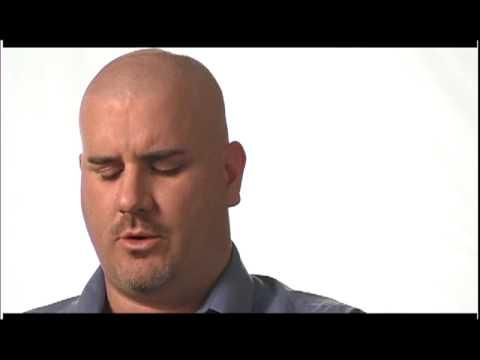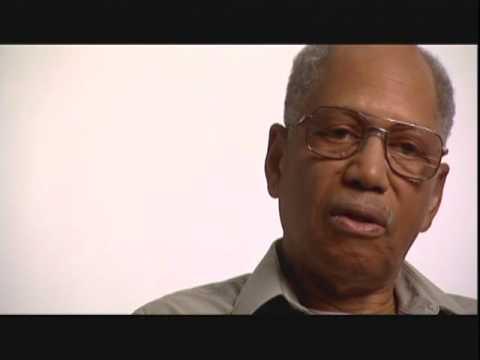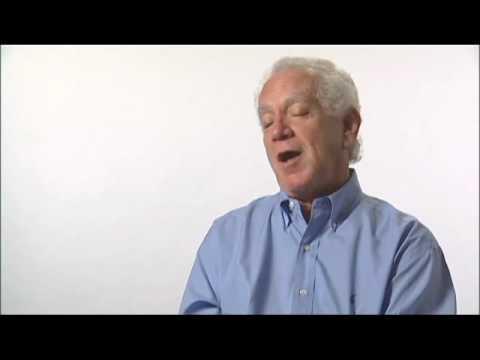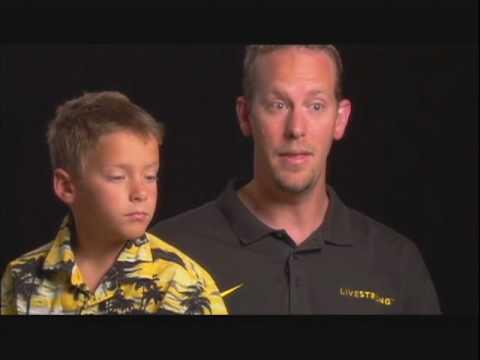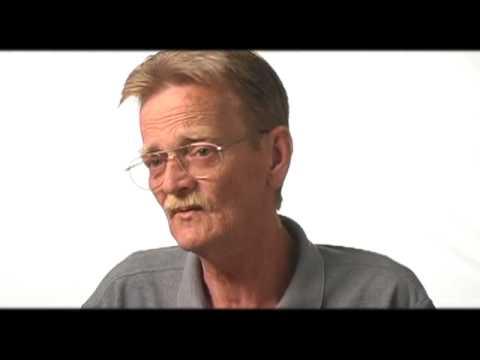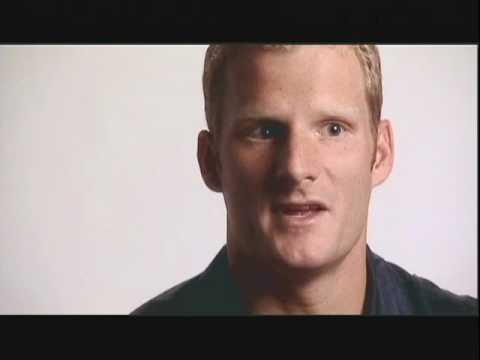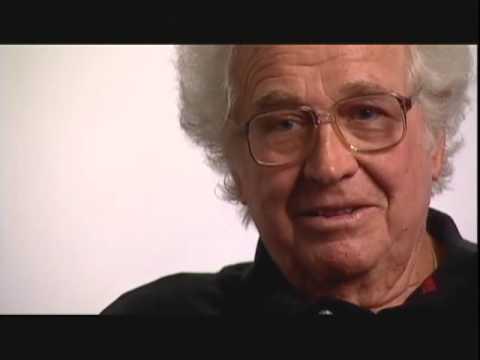Raymond L.
I became a survivor in August of 2003 when I was diagnosed with stomach cancer.
The surgery I had was a full gastrectomy, which is the removal of the whole stomach. I also had a splenectomy, where my spleen was removed, and a distal pancreatectomy, where part of my pancreas was removed. That had a big impact on me afterwards when I was going through chemo, because I couldn’t eat like I used to because I have no stomach. It was hard to keep on the weight while going through chemotherapy, because chemotherapy really knocks you down as far as eating and getting sick. I had mostly liquids and protein drinks. Oatmeal and eggs were mostly all I could eat when I was going through chemotherapy and radiation.
Now, I can pretty much eat anything. I can’t eat large meals like I used to, but I’m eating four or five smaller meals a day. You have to test different foods. My surgeon gave me a list of what to start out with, because I was on a feeding tube for a month. He started me out on just liquids, and then mushy food, like oatmeal, scrambled eggs, and then slowly working into solids. He told me as I ate certain solids, whatever didn’t agree with me, back off of it for a couple of months, and then start on it again two months later. Maybe six months down the road, it’ll agree with you. Six months ago, it didn’t agree with me, because my body was still healing and adjusting to certain foods. I couldn’t tolerate beef at all. Now, I can tolerate it with no problems.
Dumping syndrome is when you have your stomach removed and don’t have the digestive system. If you eat foods that are high in fat or too high in sugar, in 15-20 minutes, you’ll get diarrhea and you’ll have to go to the bathroom. It just goes right through your system really fast. I’ve controlled how I eat. I know what I can tolerate. So I don’t have the dumping syndrome anymore. I can eat anything I could before, with the exception of ice cream. It hasn’t affected my lifestyle at all.
I had fecal incontinence when I was going through chemotherapy. Imodium was the only thing I was told by my oncologist to take for that. There were days where it was uncontrollable. That was because of the chemotherapy and also because of when I ate. I don’t have a stomach anymore, so the food would go right through, and with the mixture of the chemotherapy, I was having problems. Right now, it’s normal. My bowel movements are fine. I’m not having anymore problems.
I got frustrated at first. We’d go out to eat, and I’d be lucky to maybe get through a quarter of my meal. It was hard watching everyone else around me eat normally. That would be really frustrating, eating foods, getting very bad cramps and having to go to the bathroom. It’s been a year, and I have my diet and nutritional plan down. I know what not to order when we go out to eat or what not to eat at home. I have a fix on everything. I’m on a regimen now, where I know what to eat and when to eat.
I just moved forward and remembered what my surgeon told me. I backed off on certain foods and continued to know that I would get better and that it just takes time to heal.
I have chemotherapy burns. It’s blotched discoloration on my skin. I have very light skin discoloration right now. It’s not as bad as it was. I knew there was a possibility with the skin changes. The teeth, I didn’t realize until after the fact. My teeth ached a lot. I did have a couple of cracked teeth, where I had to get some crowns when I was through with everything. My dentist told me, “We have had people in here previously from chemotherapy where they’ve had problems with their teeth.” No problems now. It was just two teeth that cracked.
I faced some discrimination with my employer. My last promotion was coming up. When I pushed the issue, they started coming back at me about more doctors’ notes and how I’m not performing my full duties at my performance level. They weren’t gonna give me my promotion. They said, “We’re not sure you’re coming back,” after my oncologist said, “He is coming back.” I hired a lawyer. I work for the federal government, so we went through a mediation process with a federal mediator. That pretty much took care of everything.
I dealt with the depression with the support of my wife and my mom, who’s also a cancer survivor. My wife is 110% supportive. She was there every day with me at the hospital and every day at home with me. I couldn’t have gotten through it without her. That’s a key point of getting through this is having good support. It took a toll on her emotionally, but she’s a very strong person and she got through it very well. My mom was also a big help. There were times when I felt like, “I can’t take this.” I always caught myself and would say, “You got through the surgery. You can’t give up. You just have two more things to get through.” I felt the surgery was the most important part to get through, and I made it through. I always kept that as, “The bad part’s over.” I lived in the East, and I moved back West when my mom was diagnosed with cancer. Helping her through her chemotherapy and seeing how she was helped me out quite a bit. I think the emotional part helped me out quite a bit, because she was there to support me every day.
To me, live strong means you have to take everything into consideration: your attitude, what’s around you, your nutrition, and your physical fitness. You can’t live strong and get through everything without all those put together, especially attitude and physical fitness. In order to beat cancer and continue living, you have to live strong. You can’t let anything get you down. I live strong by waking up every morning, going to work, and continuing my physical fitness. I don’t let what I’ve been through get to me anymore. You have to have the attitude. If you don’t have a positive attitude, you’re not going to get through it. You get it from way deep down inside. You get your attitude from continuing to try and do what you did before. Cancer doesn’t necessarily tell you, “You can’t work anymore. You can’t do physical activity anymore. You can’t go to dinner. You can’t go to the movies.” You have to continue living your life like you did before. That’s how you beat cancer.
My name is Raymond Lopez. I’m 40 years old, and I’m a one-year stomach cancer survivor.
